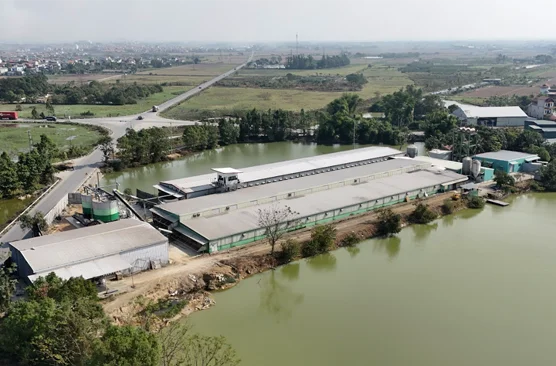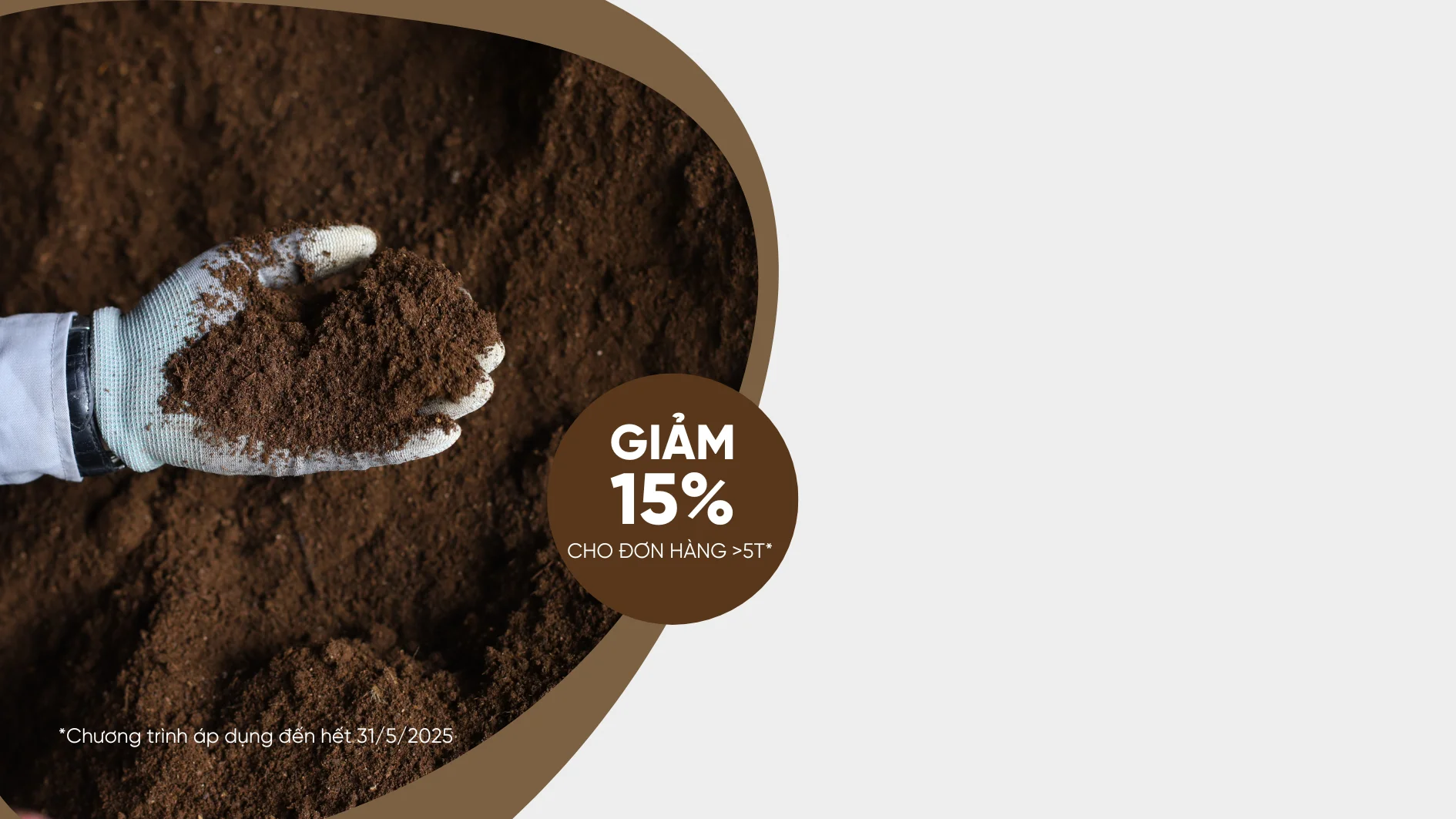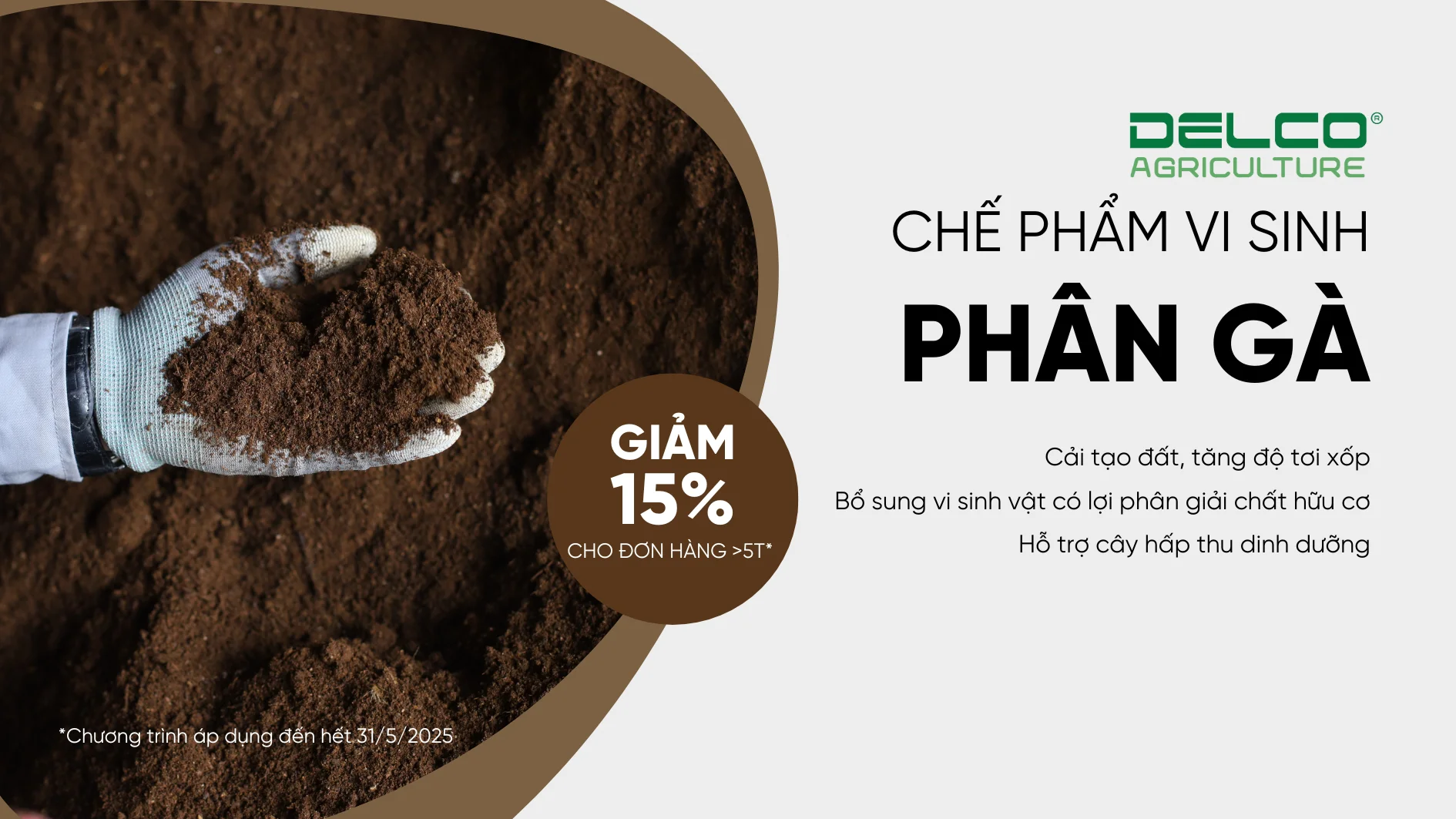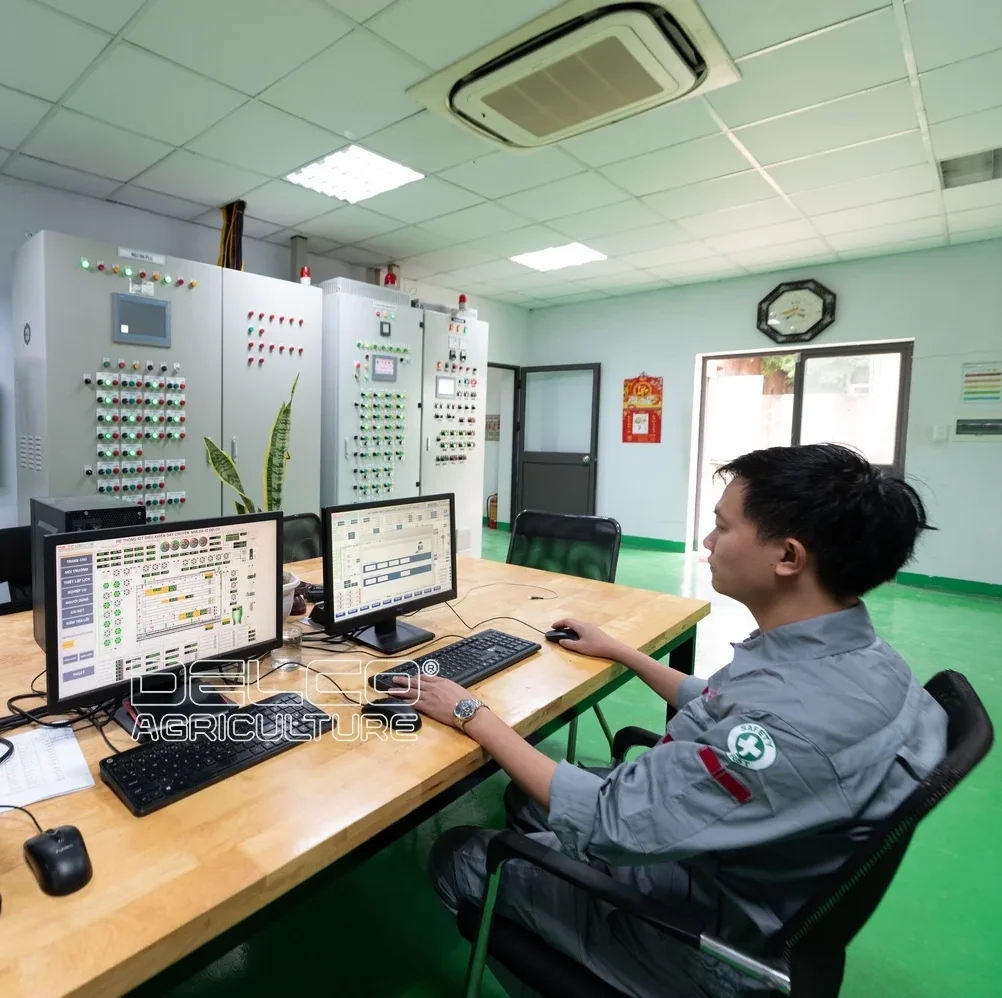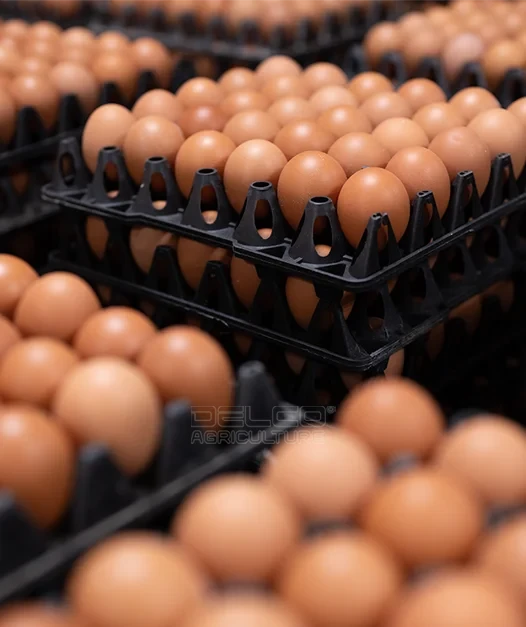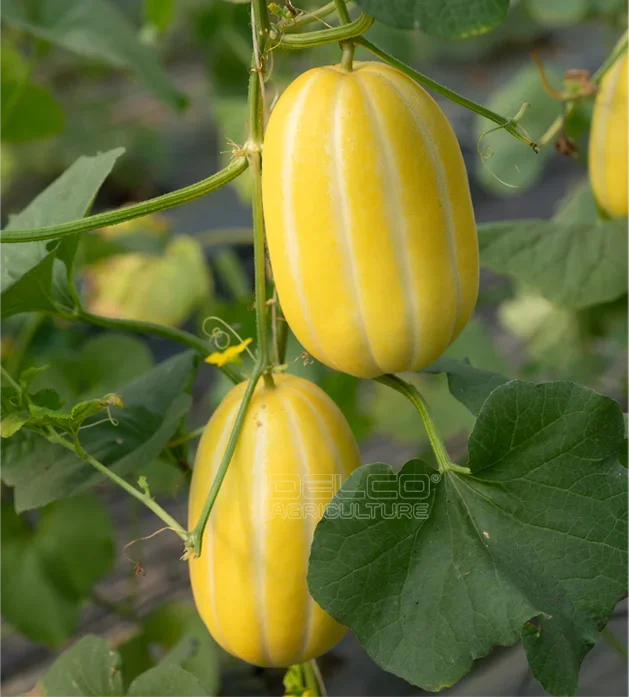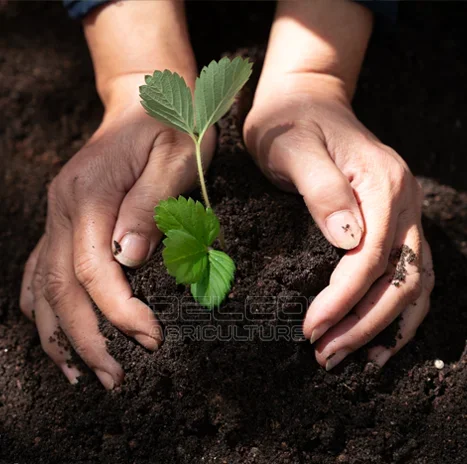The DelcoFarm smart farm model (Nguet Duc Commune, Thuan Thanh District, Bac Ninh Province) is designed and built to high-tech standards, minimizing human labor to the lowest level while ensuring products meet high-quality standards.
According to the General Statistics Office, as of July 1, 2020, Vietnam had over 9,000 agricultural, forestry, and fishery production units. This includes more than 9.108 million households, 7,418 cooperatives, and 7,471 enterprises.
Under the “National Digital Transformation Program to 2025, with a Vision to 2030,” agriculture is identified as one of the eight priority sectors for digital transformation.
The agricultural sector has proactively accelerated digital transformation, particularly by applying digital technologies such as artificial intelligence, data management, IoT, and automation to production, processing, and distribution. These advancements have boosted labor productivity, improved efficiency, ensured food safety and quality, protected the environment, and enhanced the competitiveness of Vietnamese agricultural products.
Digital transformation in agriculture plays a critical role in restructuring the sector, promoting modernization, increasing value, and ensuring sustainability. Given its benefits, digital transformation is an inevitable path for sustainable agricultural development in Vietnam.
A prime example is the DelcoFarm smart farm (Nguet Duc Commune, Thuan Thanh District, Bac Ninh Province), constructed and designed to high-tech standards. The farming system is fully managed by automated software, reducing human labor to a minimum while maintaining high product quality that meets permitted standards.
Sensors are installed and connected via software to monitor all soil and environmental parameters, recommending optimal irrigation schedules for each growth stage of crops. In livestock farming, automated sensor solutions manage feeding systems, lighting, egg collection, waste management, and heating. Additionally, smartphones are equipped with applications linked to the system for remote control. All products from the farm are labeled with QR codes for traceability, allowing verification of origin and production processes according to VietGAP standards.


Smartphones with irrigation control apps for the melon greenhouse are operated by Delco Farm engineers.

Care for melons and preparation for cucumber trellising are underway.

Delco Farm staff harvest baby melons

The irrigation system delivers water through troughs on a timed schedule, ensuring optimal vegetable growth

The control room oversees the egg-laying poultry system at Delco Farm.

A view of the Delco Farm premises

Delco Farm staff harvest KimoJi melons, a high-quality Japanese variety not yet widely available in the Vietnamese market

The creation of QR codes for product traceability is handled by Delco Farm engineers

Delco Farm staff collect eggs following the farm’s standardized processes and production line
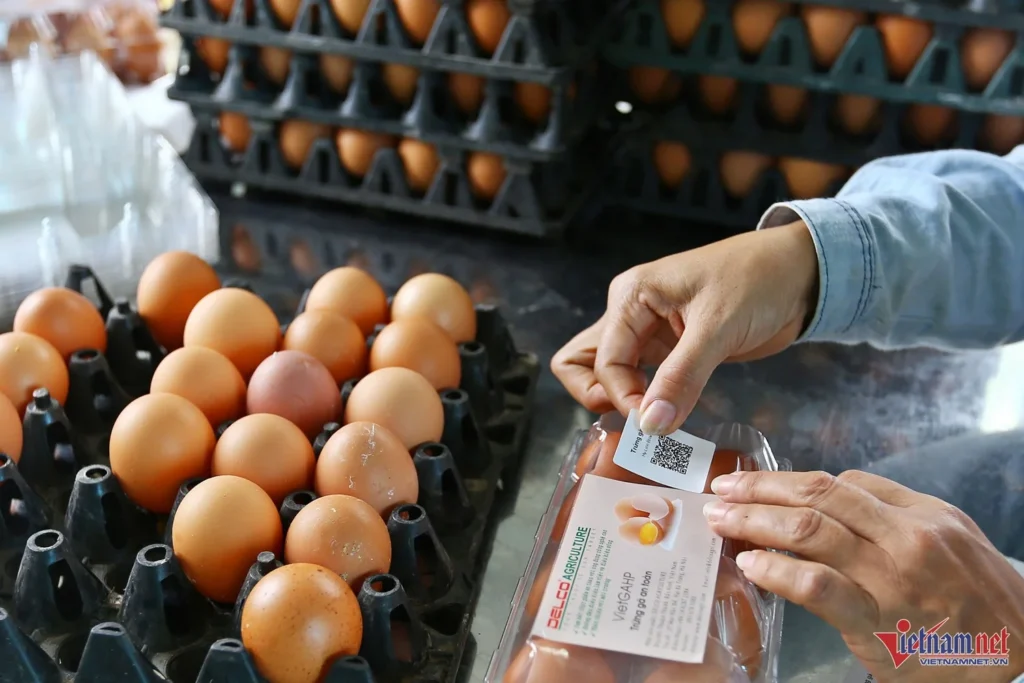
Delco Farm staff collect eggs following the farm’s standardized processes and production line

Every Delco Farm product is affixed with a QR code, enabling checks on origin and production processes

